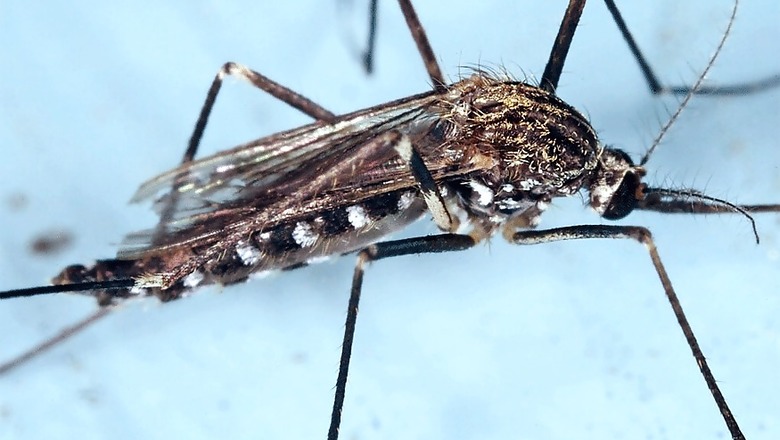
views
A one-year-old Atlantic County filly had to be euthanised after being diagnosed with EEE or Eastern Equine Encephalitis, joining four other horses across the state which had to be put down in the last two weeks, after being diagnosed with the disease, according to officials, reported The Press of Atlantic City.
A mosquito-borne disease like malaria, dengue, chikungunya and zika, the EEE, which is commonly called Triple E or sleeping sickness is a rare cause of brain infections (encephalitis) that is closely related to Venezuelan equine encephalitis virus and western equine encephalitis virus.
Notably, nine horses and an alpaca have contracted the virus in the state this year, the Department of Agriculture said in a news release. EEE causes inflammation of brain tissue and has a significantly higher risk of death in horses and camelids, such as alpacas, than the West Nile virus.
Speaking to the news publication, Agriculture Secretary Douglas Fisher said that as more cases of EEE are reported they strongly encourage horse owners to check their records to verify that their animals are protected from the disease. He added that animals that have been vaccinated are much less likely to contract deadly diseases such as eastern equine encephalitis. "It is the most effective strategy, and equine vaccines are available commercially," he went on to say.
Apart from the one-year-old, the recent groups of animals that have been infected include an 18-year-old gelding in Morris County, a 4-month-old gelding in Salem County, and a 4-year-old gelding and a gelding of unknown age.
According to the state, neither the four horses, not the filly were vaccinated for the disease.
The disease states that Eastern Equine Encephalitis infections in horses and alpacas do not carry a significant risk of human infection, because horses and camelids are considered “dead-end” hosts for the virus.
Earlier in August, office of the Indiana state veterinarian reported on August 29 that two Elkhart County horses were confirmed with the Eastern equine encephalitis (EEE) and both were euthanised. Notably, none of the horses were vaccinated either.


















Comments
0 comment